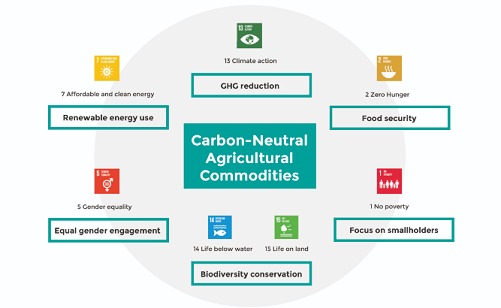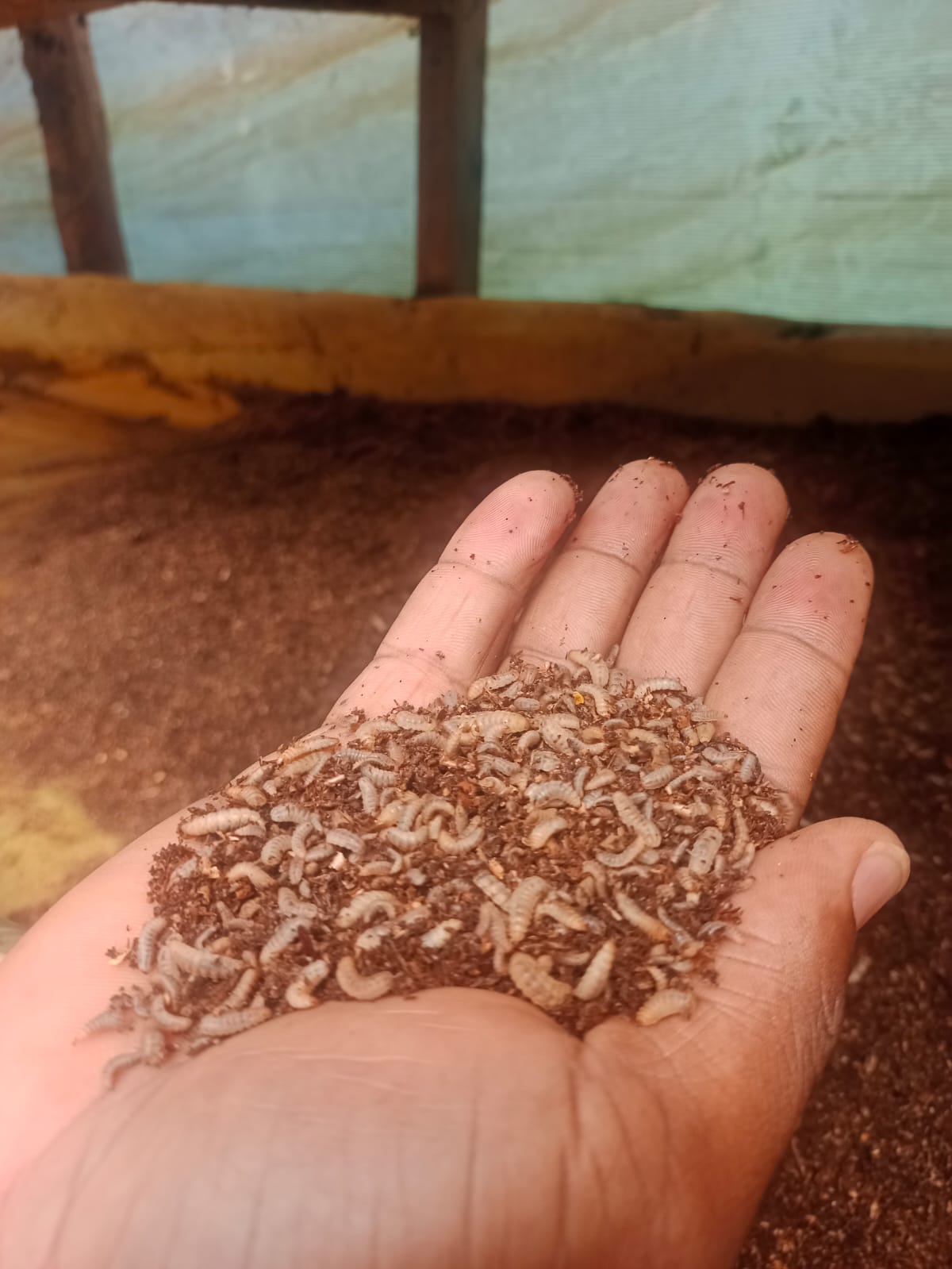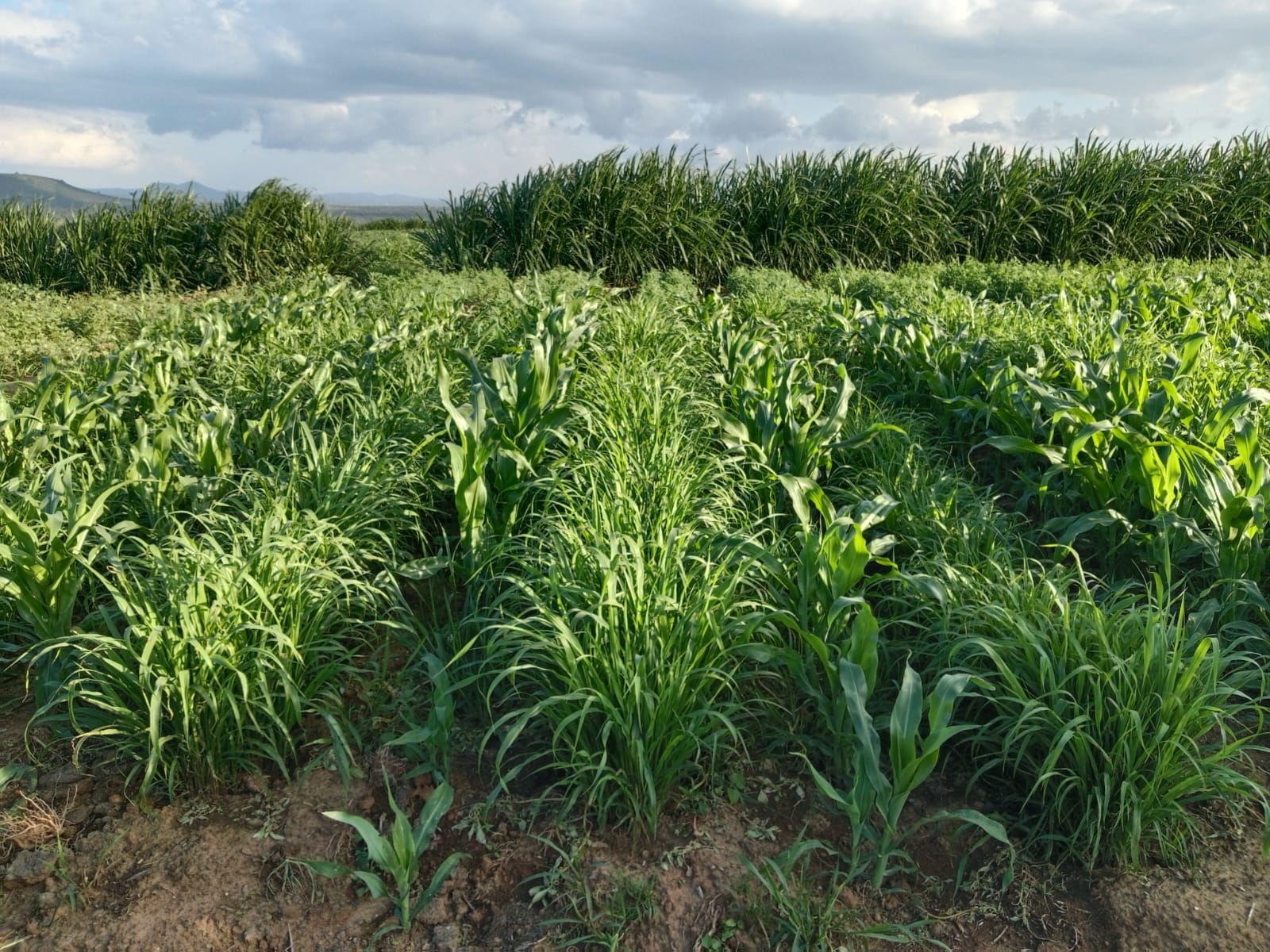In recent years, the concept of carbon neutrality has gained significant traction as individuals and industries seek to mitigate the impacts of climate change. Agriculture, being a vital component of global food production, has been under scrutiny for its contribution to greenhouse gas emissions. However, a promising shift towards carbon neutral agriculture is emerging, offering a beacon of hope for a more sustainable future.
What is Carbon Neutral Agriculture
Carbon neutral agriculture, also known as climate-smart agriculture, encompasses a range of practices and technologies aimed at reducing, capturing, and offsetting carbon emissions within the agricultural sector. This approach seeks to achieve a balance between the amount of carbon emitted and the amount removed from the atmosphere, effectively resulting in a net-zero carbon footprint.
Challenges and Opportunities
The transition to carbon neutral agriculture is not without its challenges. Traditional farming methods, such as tilling and excessive fertilizer use, have contributed to the release of carbon dioxide and other greenhouse gases into the atmosphere. Additionally, livestock production, particularly methane emissions from ruminant animals, presents a significant hurdle in achieving carbon neutrality.
However, amidst these challenges lie opportunities for innovation and transformation. From precision agriculture and agroforestry to regenerative grazing and the use of cover crops, farmers around the world are embracing sustainable practices that not only sequester carbon but also enhance soil health and biodiversity.
Technological advancements, such as the development of carbon capture and storage systems, offer further promise in the quest for carbon neutral agriculture. These innovations have the potential to revolutionize the way we approach farming, providing a means to capture emissions directly from agricultural processes and store them underground, preventing their release into the atmosphere.
Policy and Incentives
Supportive policies and incentives play a pivotal role in accelerating the adoption of carbon neutral practices within the agricultural sector. Governments and international organizations are increasingly recognizing the importance of aligning agricultural policies with climate change goals. This includes the implementation of carbon pricing mechanisms, subsidies for sustainable farming practices, and the provision of technical assistance to farmers transitioning to carbon neutral methods.
Furthermore, market-based initiatives, such as carbon offset programs and certification schemes, are empowering consumers to support carbon neutral agriculture through their purchasing decisions. By incentivizing carbon sequestration and emissions reduction, these mechanisms create economic opportunities for farmers while fostering a more sustainable food system.
As the urgency of addressing climate change becomes increasingly apparent, the imperative to embrace carbon neutral agriculture grows ever more pressing. The integration of renewable energy sources, such as solar and wind power, into farming operations further contributes to the decarbonization of agricultural practices, while also bolstering energy independence for farmers.
Education and knowledge-sharing play a vital role in empowering farmers to transition to carbon neutral agriculture. Access to training programs, research findings, and best practices equips farmers with the tools and information needed to implement sustainable and climate-resilient strategies on their farms.
The journey towards carbon neutral agriculture is one of immense potential and transformative impact. By harnessing the power of nature, innovation, and collective action, we can cultivate a future where food production not only nourishes the world but also nurtures the planet. The path to carbon neutral agriculture is a path of promise, resilience, and sustainability—a path we must tread with unwavering determination and vision.
As the sun sets on traditional farming practices, a new dawn rises for carbon neutral agriculture—a dawn that holds the promise of a thriving, resilient, and harmonious coexistence between humanity and the natural world.











